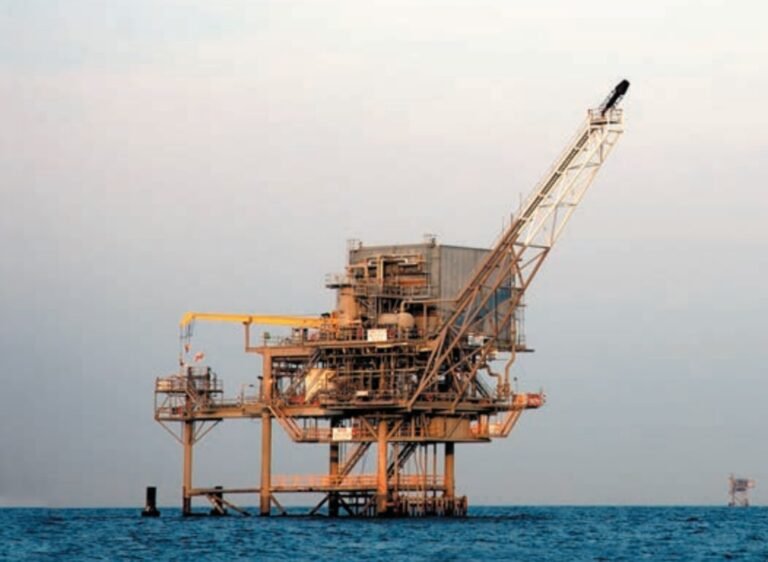The U.S. Federal Energy Regulatory Commission Takes Action to Expedite Natural Gas Infrastructure Projects
The U.S. Federal Energy Regulatory Commission (FERC) has recently made significant moves to remove regulatory barriers and accelerate the construction of natural gas infrastructure projects in the United States. This action comes in response to petitions from the Interstate Natural Gas Association of America (INGAA), a trade association representing interstate natural gas pipeline companies in the U.S.
FERC Chairman Mark Christie emphasized the importance of new and expanded natural gas infrastructure to ensure grid reliability and meet the growing demand for electrical power in the country. He highlighted the need for quick construction of natural gas infrastructure to support the generation of reliable power for consumers.
First Order: Temporary Waiver for Blanket Certificate Cost Limits
In its first order, FERC introduced a two-year temporary waiver to raise the blanket certificate cost limits for natural gas companies undertaking pipeline modifications or construction. This waiver aims to streamline the authorization process for routine activities by providing a single approval for certain projects.
Responding to INGAA’s request for an increase in the blanket certificate cost limitation, FERC approved raising the threshold from $41.1 million to $61.6 million for projects completed by May 31, 2027. This change is expected to offer greater flexibility to natural gas companies and reduce regulatory burdens for specific activities related to their facilities.
Second Order: Waiver of Construction Authorization Rule
The second order grants a one-year waiver of FERC’s rule that prevents construction authorizations for natural gas facilities while certain rehearing requests are pending. The Commission also proposed removing this rule from its regulations entirely to prevent delays in project development.
By eliminating the requirement to wait for FERC’s review of rehearing requests before commencing construction, the Commission aims to expedite energy infrastructure projects and utilize emergency authorities lawfully to facilitate their progress.
Challenges for Offshore Projects
While FERC is focused on accelerating onshore natural gas projects, offshore projects face different challenges. Recently, governors of North Carolina and South Carolina urged the U.S. administration to exclude their states’ outer continental shelf lands from consideration in the upcoming OCS Oil and Gas Leasing Program.
Citing the vulnerability of their coastal economies to potential disruptions from offshore drilling, the governors emphasized the significant contribution of these industries to the states’ GDP. They expressed concerns about the potential risks posed by offshore drilling activities on their local economies.

